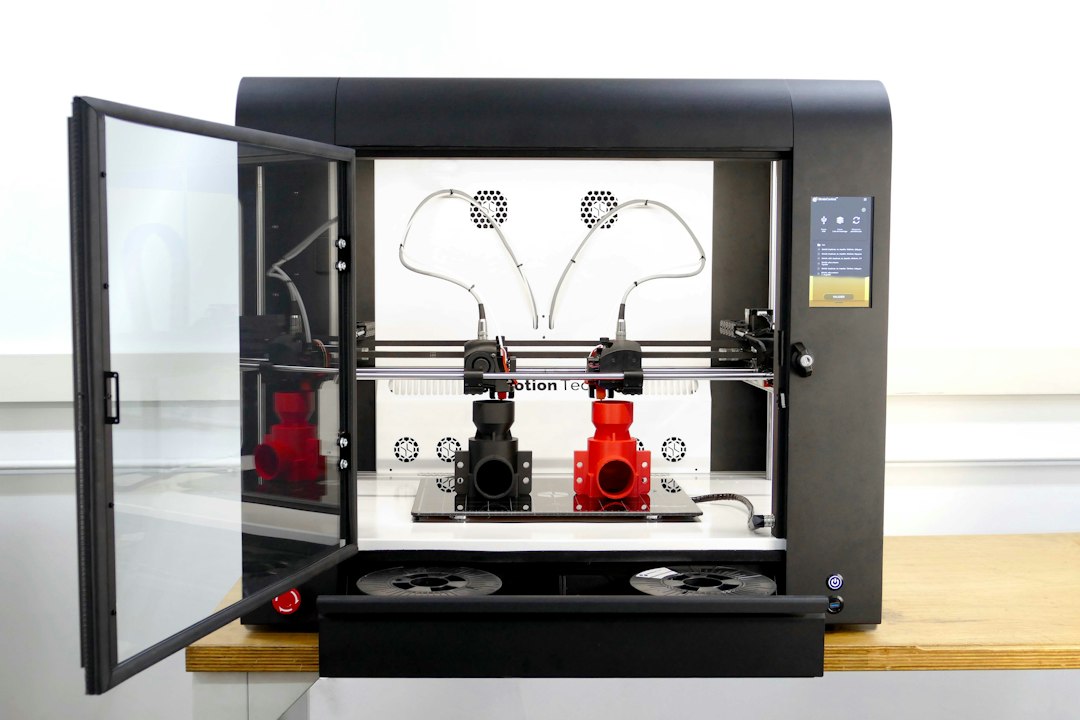Exploring the World of Wearable Technology and Its Impact on Healthcare
In recent years, technology has made significant advancements in various aspects of our lives, making tasks more efficient and convenient. One particular field that has seen remarkable progress is healthcare, with wearable technology revolutionizing the way we monitor and manage our health. From fitness trackers to smartwatches and even smart clothing, wearable devices have become prevalent in our society, opening up a world of opportunities for individuals to take control of their own well-being.
Wearable technology refers to devices that can be worn on the body, typically as an accessory or clothing, to collect and transmit data about the user’s health and physical activity. These devices are equipped with sensors and advanced algorithms that track vital signs, such as heart rate, blood pressure, and oxygen levels, as well as monitor physical activity, sleep patterns, and even stress levels. This wealth of data allows individuals to gain valuable insights into their health and make informed decisions about their lifestyle choices.
One of the most popular types of wearable technology in healthcare is fitness trackers. These devices, typically worn on the wrist, keep track of a user’s daily physical activity, including steps taken, distance traveled, and calories burned. They also provide real-time feedback and reminders to encourage individuals to achieve their fitness goals. Fitness trackers have proven to be effective in motivating people to lead more active lifestyles, ultimately leading to improved overall health and reduced risk of chronic diseases.
Moreover, wearable technology has extended beyond monitoring physical activity to addressing specific health conditions. For instance, individuals with chronic diseases like diabetes can benefit from wearable devices that monitor glucose levels and provide real-time alerts when levels become too high or too low. This not only improves their quality of life but also helps prevent potentially life-threatening situations.
Wearable technology has also made great strides in mental healthcare. Stress and anxiety are prevalent issues in modern society, and wearable devices have the potential to identify triggers and offer personalized interventions. These devices can monitor heart rate variability, track sleep patterns, and detect physical symptoms associated with stress. By providing real-time feedback and suggesting relaxation techniques, wearable devices can help individuals manage their stress levels and promote mental well-being.
In addition to personal health monitoring, wearable technology has a significant impact on healthcare professionals and medical research. These devices enable remote patient monitoring, allowing doctors to gather real-time vital signs and other health data without the need for frequent in-person visits. This not only saves time and resources but also provides medical professionals with a more comprehensive understanding of their patients’ health status. Moreover, wearable technology facilitates large-scale data collection for medical research, enabling scientists to analyze trends and develop innovative solutions for various health conditions.
While wearable technology shows immense promise in transforming healthcare, it also faces challenges that must be addressed. One key concern is data privacy and security. Wearable devices collect a wealth of sensitive personal information, and it is crucial that manufacturers and app developers prioritize user privacy and implement robust security measures to protect this data from unauthorized access or breaches.
Moreover, the accuracy and reliability of wearable devices are still areas of improvement. With different manufacturers and varying sensor technologies, there can be discrepancies in the measurements provided by different devices. Standardization and rigorous testing protocols will be essential to ensure that wearable technology delivers accurate and trustworthy data to users and healthcare professionals.
Despite these challenges, wearable technology represents a significant step forward in empowering individuals to take an active role in managing their health. From fitness tracking to remote patient monitoring, wearable devices have the potential to improve health outcomes, reduce healthcare costs, and enhance the overall quality of care. As technology continues to evolve, we can expect wearable technology to play a more prominent role in our healthcare system, transforming it for the better and revolutionizing the way we approach health and wellness.

